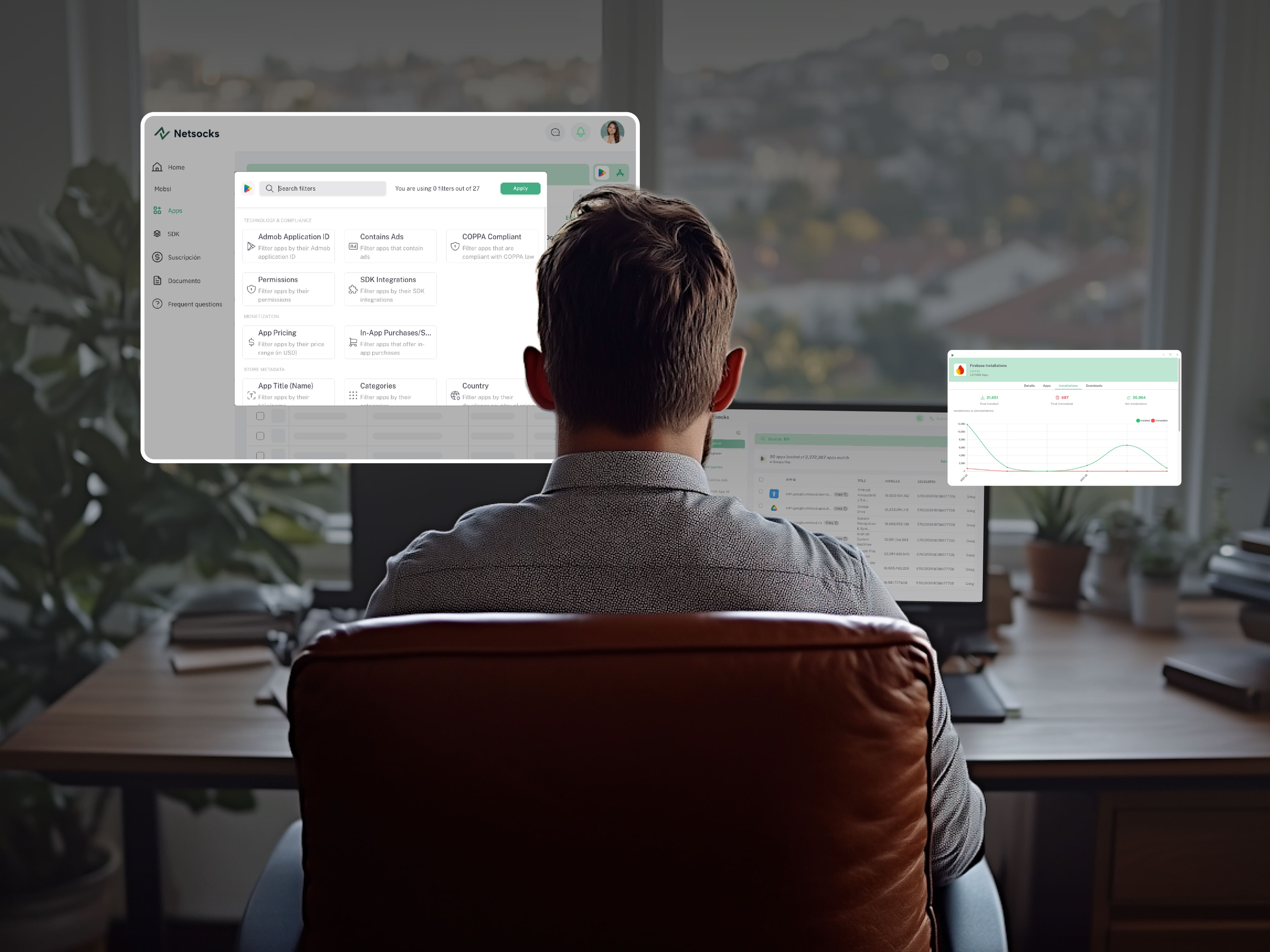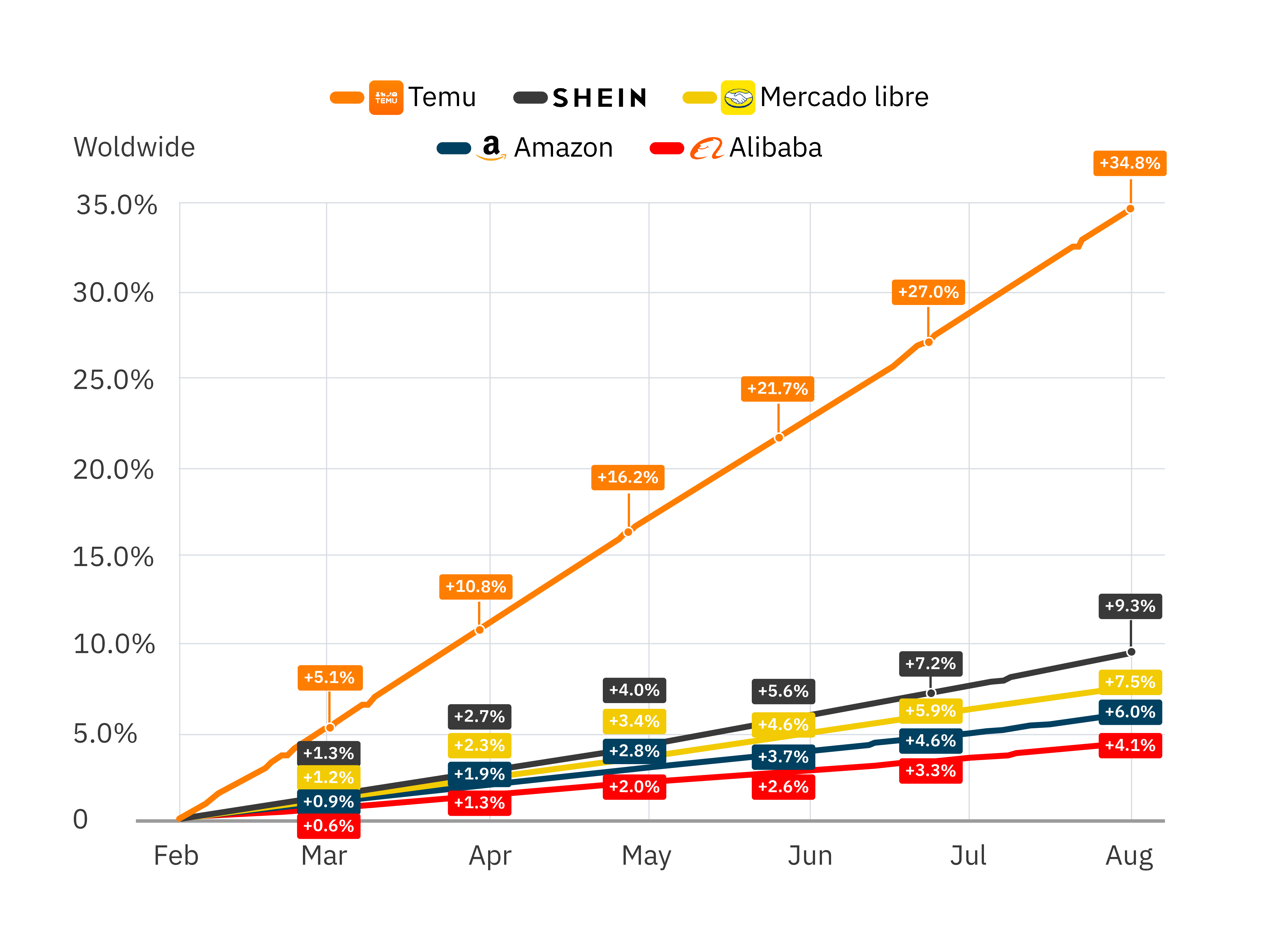
Web scraping is a powerful technique for collecting information from various websites. However, many websites implement security measures to prevent unauthorized access, resulting in blocks or access limitations. This article explains how to navigate and bypass these barriers while practicing ethical web scraping.
1. Use a Fake User-Agent
The User-Agent is a string sent to the web server to identify the browser and operating system making the request. Websites often use this string to differentiate between real browsers and scraping tools. If the User-Agent doesn’t match real browser profiles, the server may block or limit access.
How to Handle It:
- Employ a fake User-Agent to mimic real browsers.
- Use tools like Faker or User-Agent Switcher to generate realistic User-Agents.
Want to learn more? Check out our Guide to User-Agent Best Practices.
2. Use Proxies or VPNs
Proxies and VPNs are essential tools for bypassing IP-based blocks and enhancing anonymity.
- Proxies:
- These servers act as intermediaries between your device and the target website, masking your real IP address.
- Rotating proxies can help avoid detection by cycling through different IPs.
- VPNs:
- Virtual Private Networks connect your device to a private network, hiding your real IP address and encrypting your traffic.
- VPNs add an extra layer of privacy while enabling access to restricted content.
3. Limit Request Speed and Frequency
Rapid, high-volume requests can trigger security systems, resulting in bans.
Best Practices:
- Set delays: Introduce wait times between requests to reduce detection risks.
- Throttle frequency: Avoid sending too many requests to the same site in a short period.
These steps not only minimize blocking risks but also show consideration for the server's resources.
4. Respect Terms of Service and Privacy Policies
Ethical web scraping requires compliance with the target website’s terms of service and privacy policies. Many websites explicitly forbid scraping or impose data usage restrictions. Violating these terms can result in permanent bans or legal repercussions.
For more on ethical scraping, visit our Web Scraping Guide.
Get Started Today!
Enhance your web scraping projects with robust tools and ethical practices. Stay informed with expert tips by subscribing to our newsletter.
Try Our Proxy Comparison Tool Now! 🚀
#WebScraping #DataCollection #EthicalHacking



.png)

.png)

